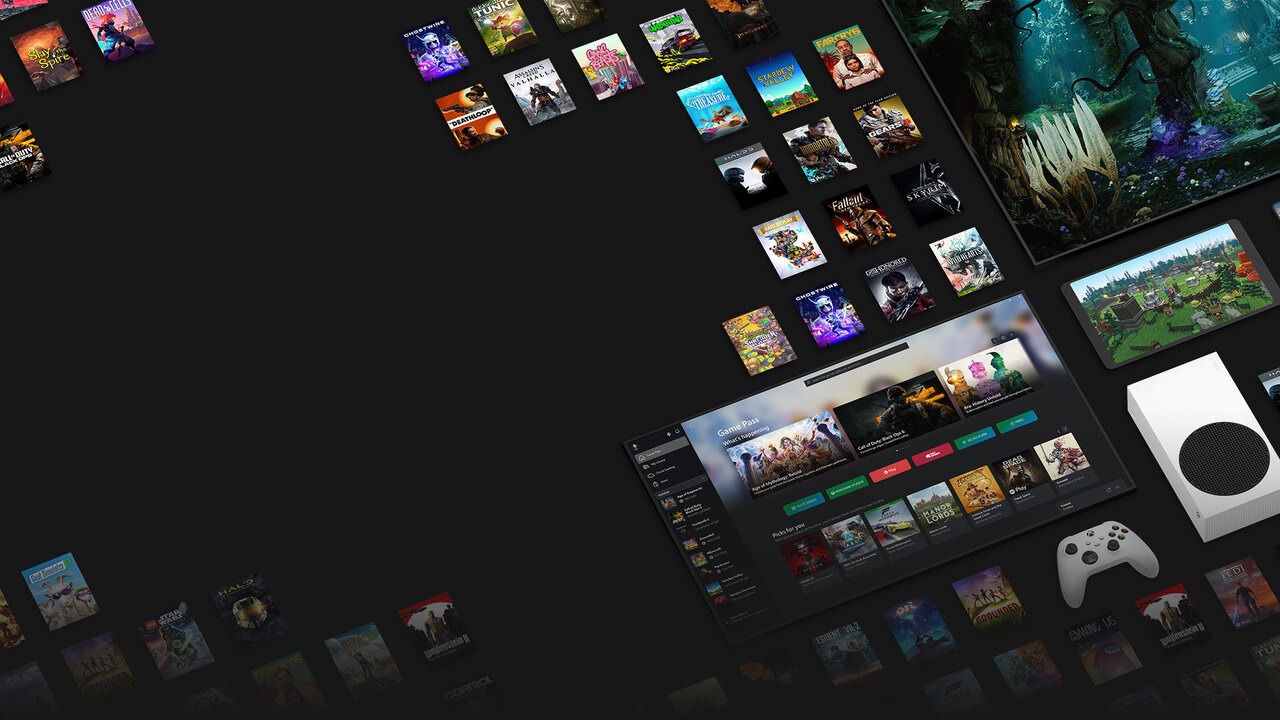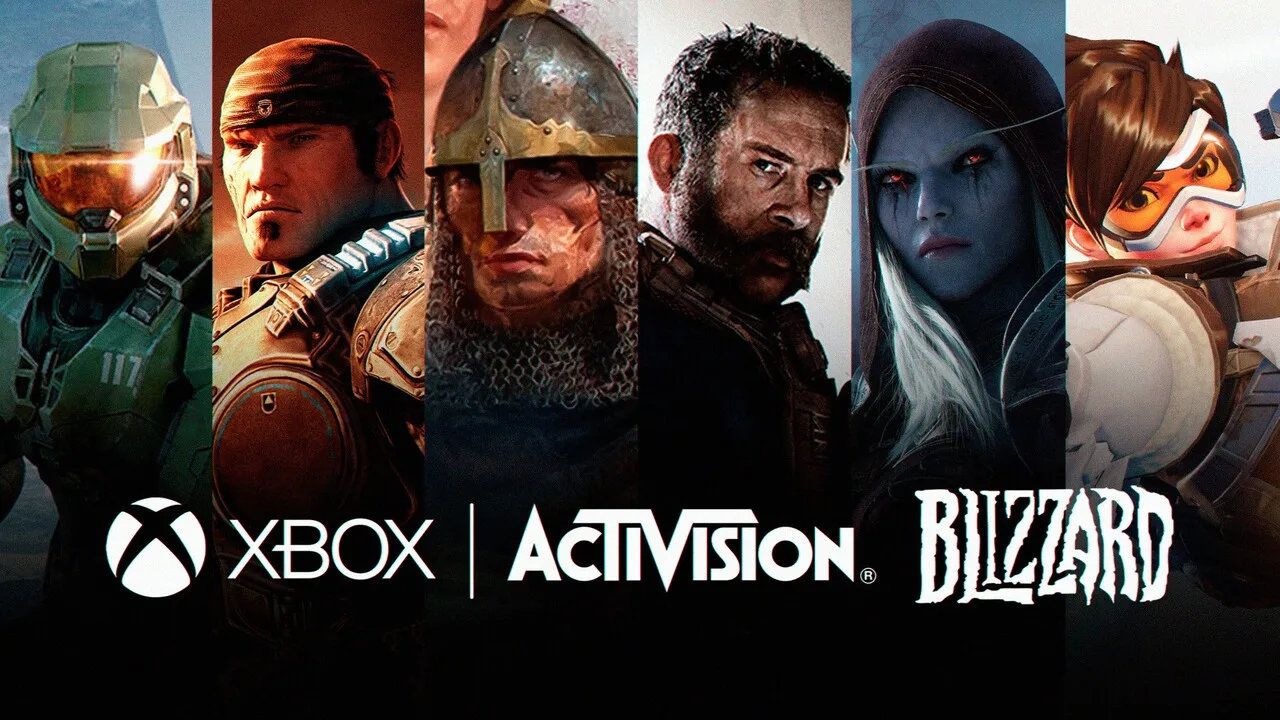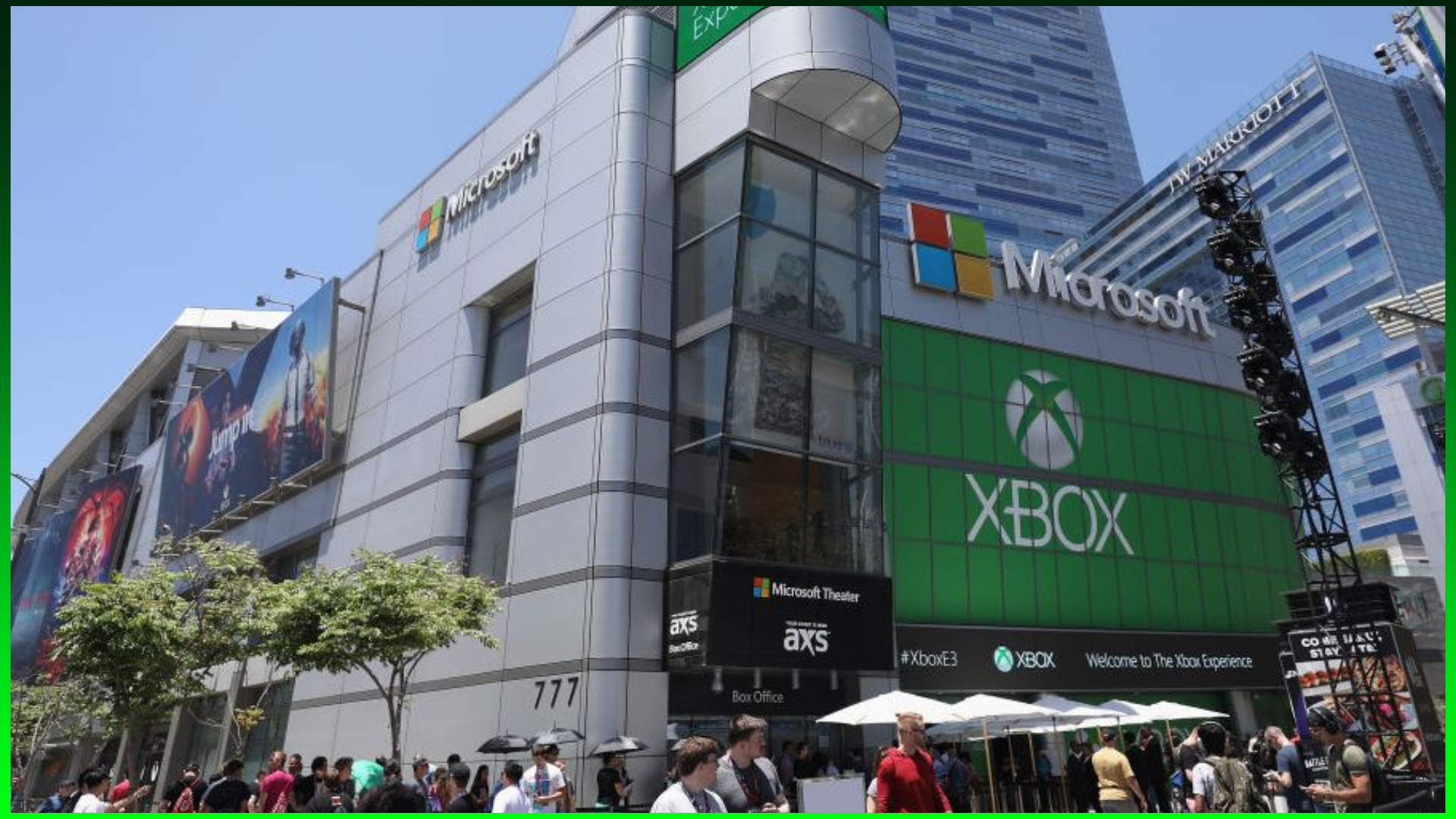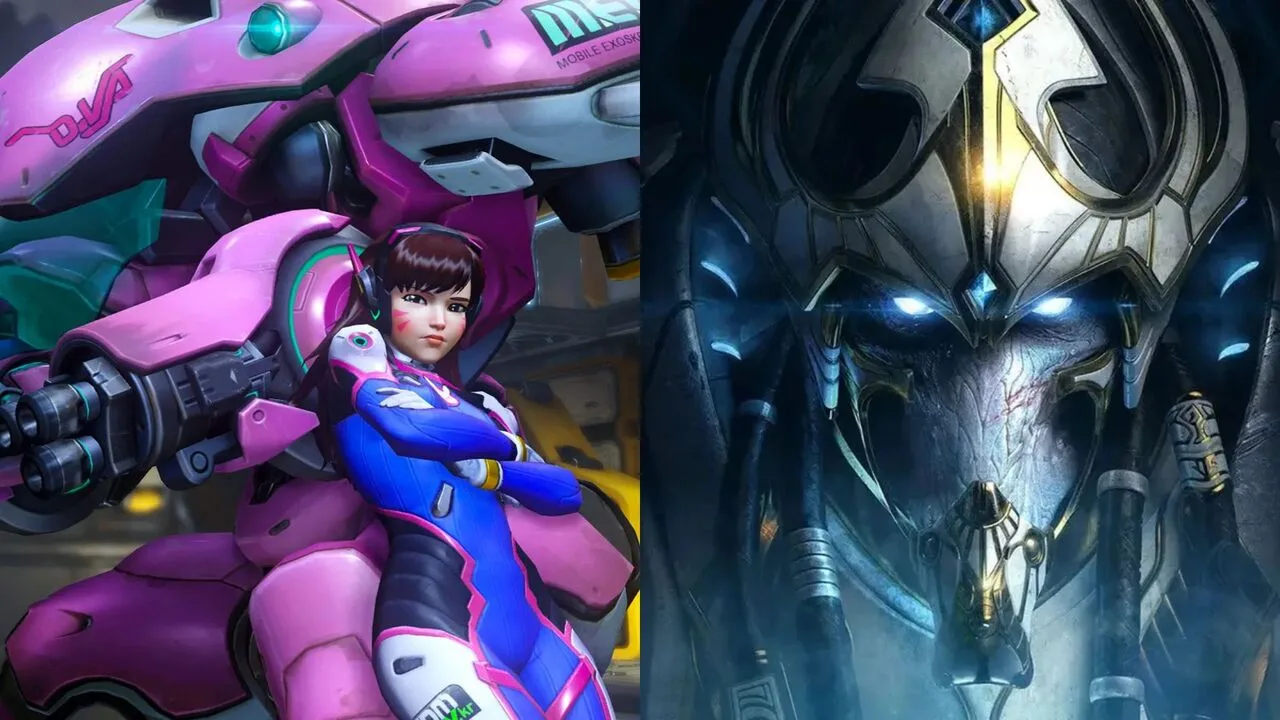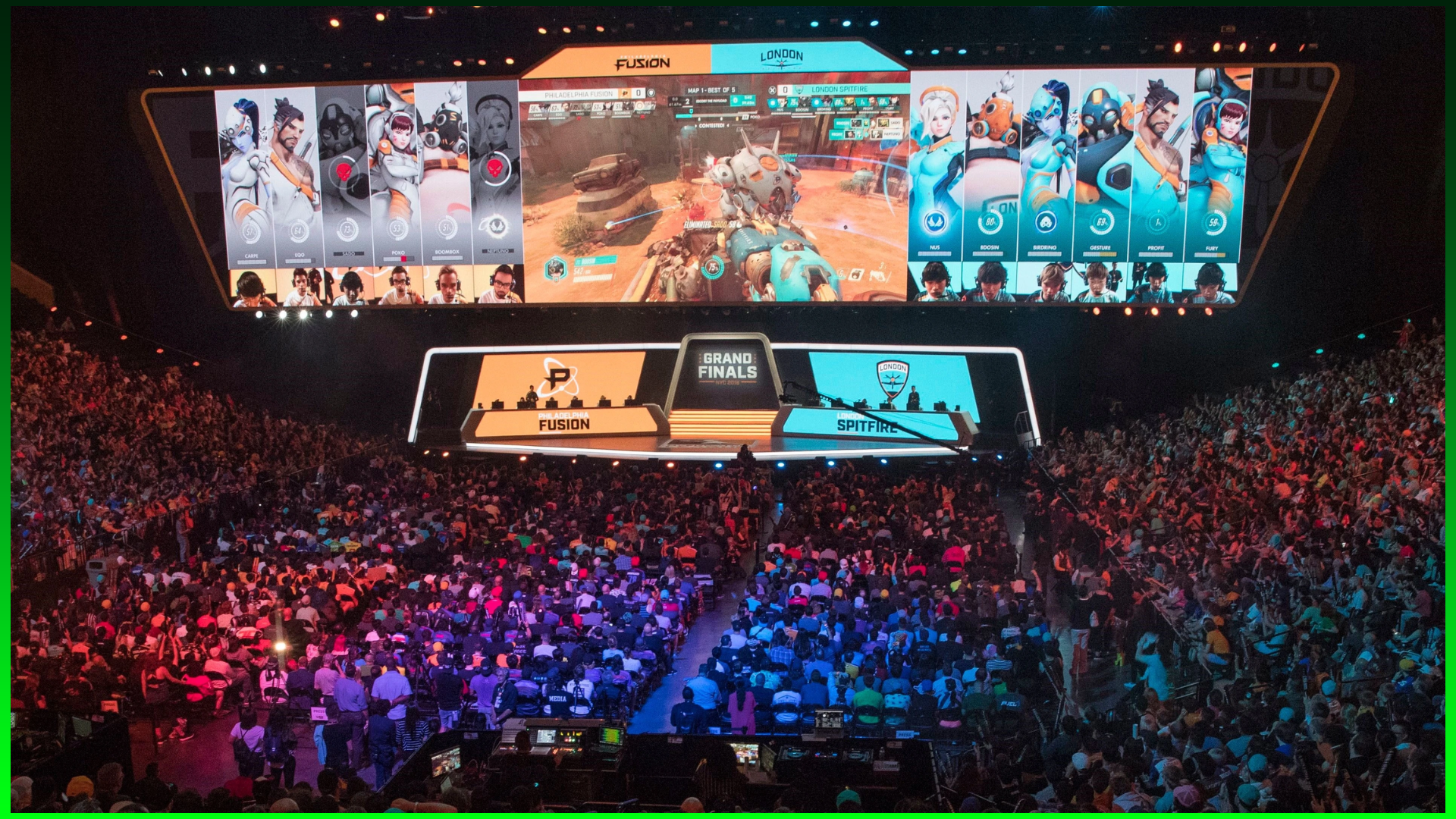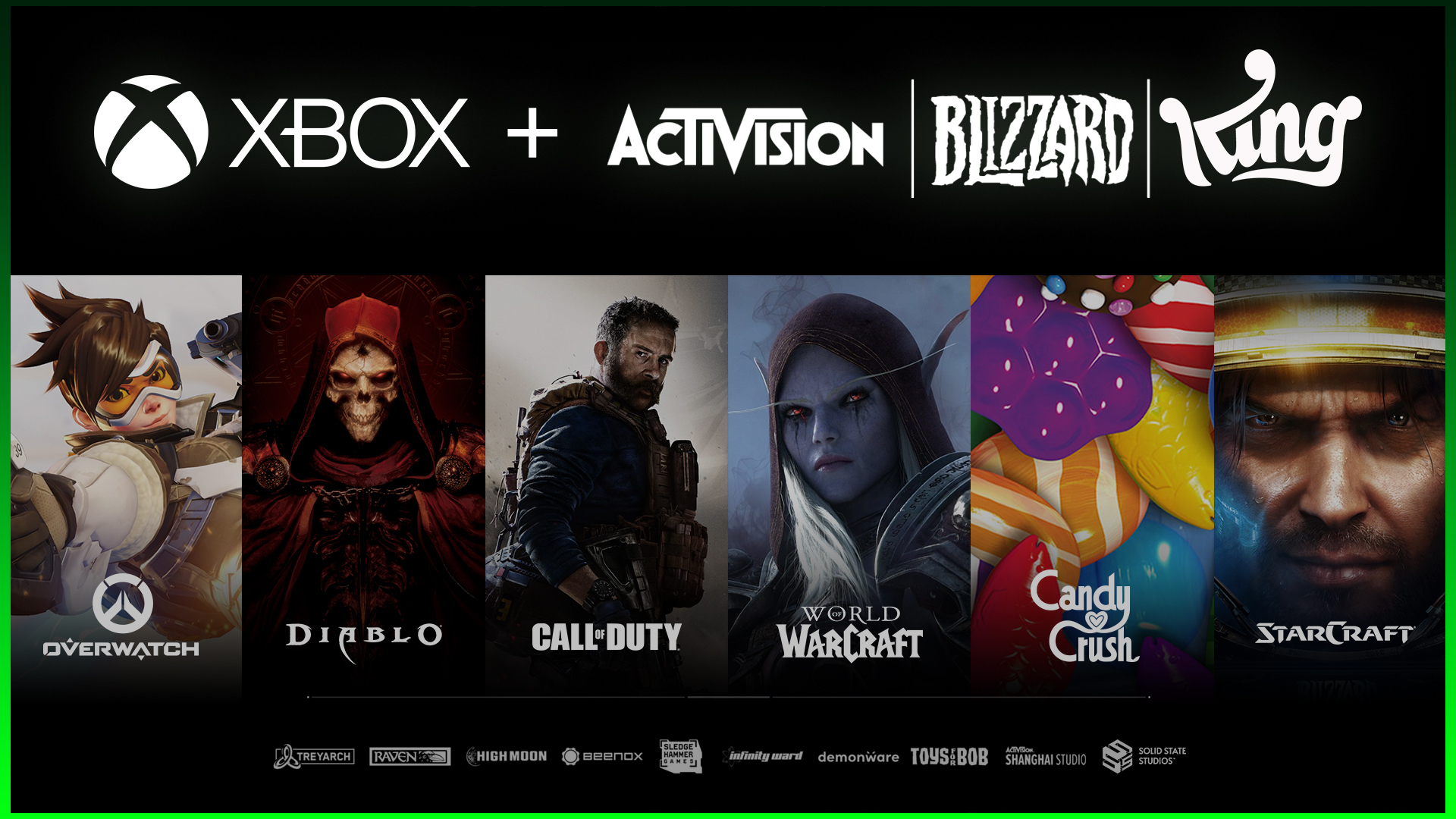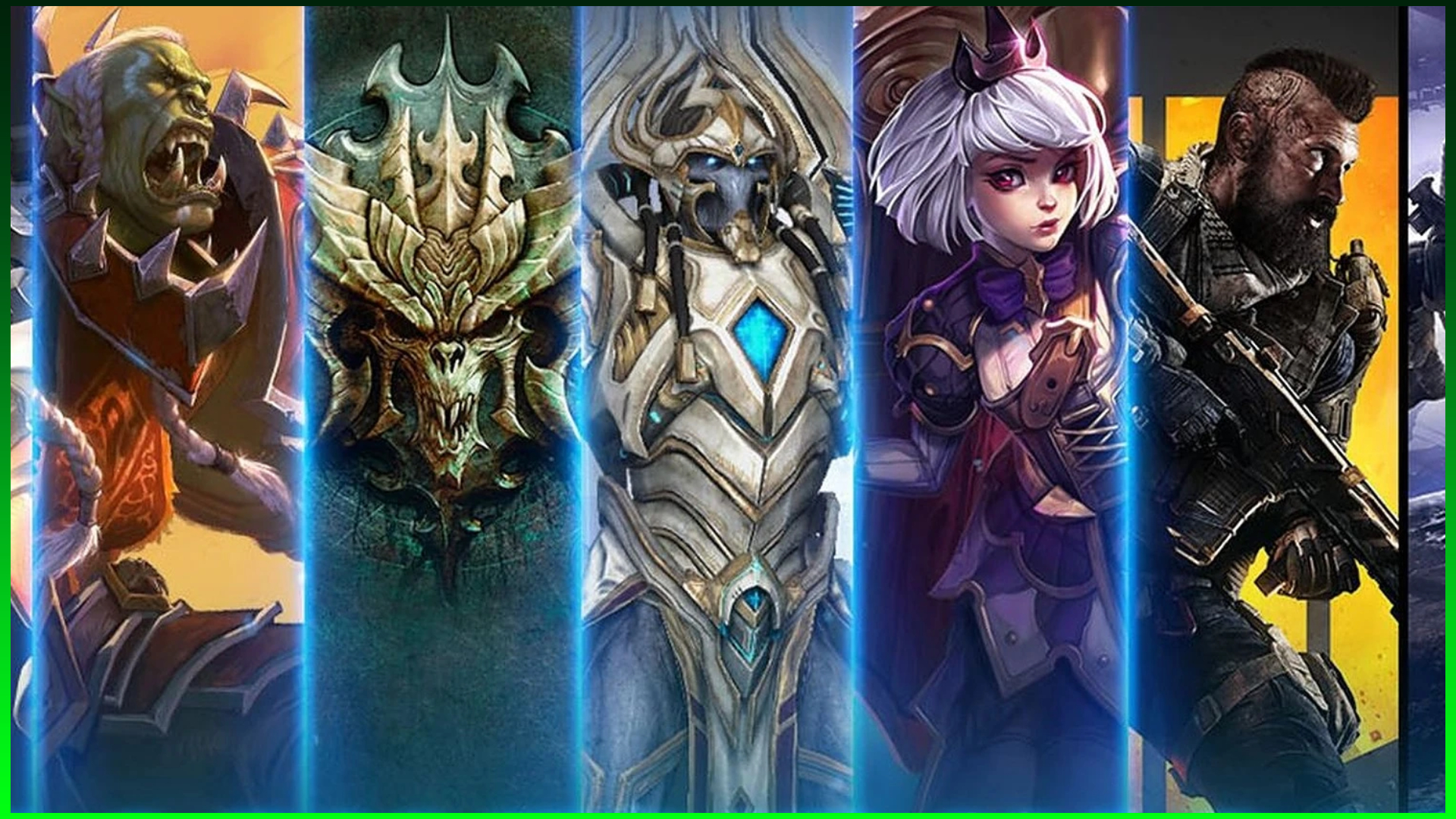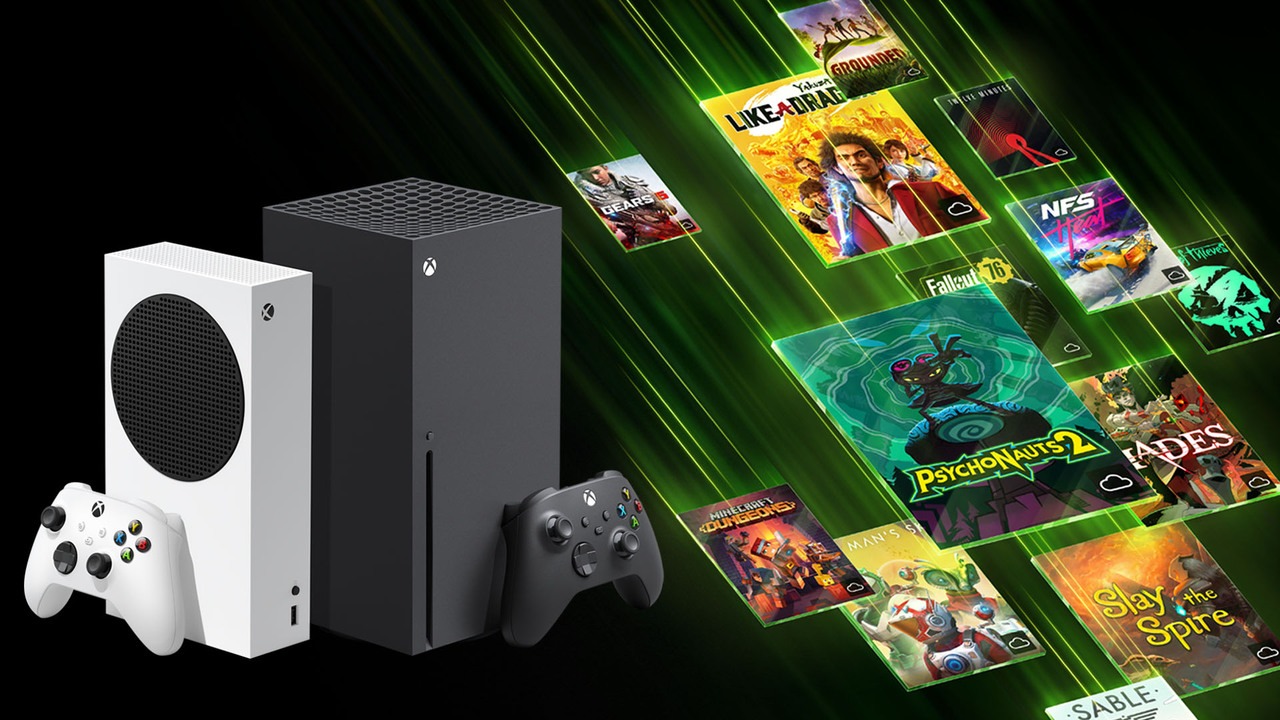
Xbox erratic’s moves this year is due Microsoft pressing on aggressive profit margins
In a thing that was expected to be either confirmed or suggested more broadly, Bloomberg reporting has peeled back the curtain on a brewing storm inside Microsoft’s gaming division. At the center of it all… Xbox erratic’s moves this year is due Microsoft pressing on aggressive profit margins
